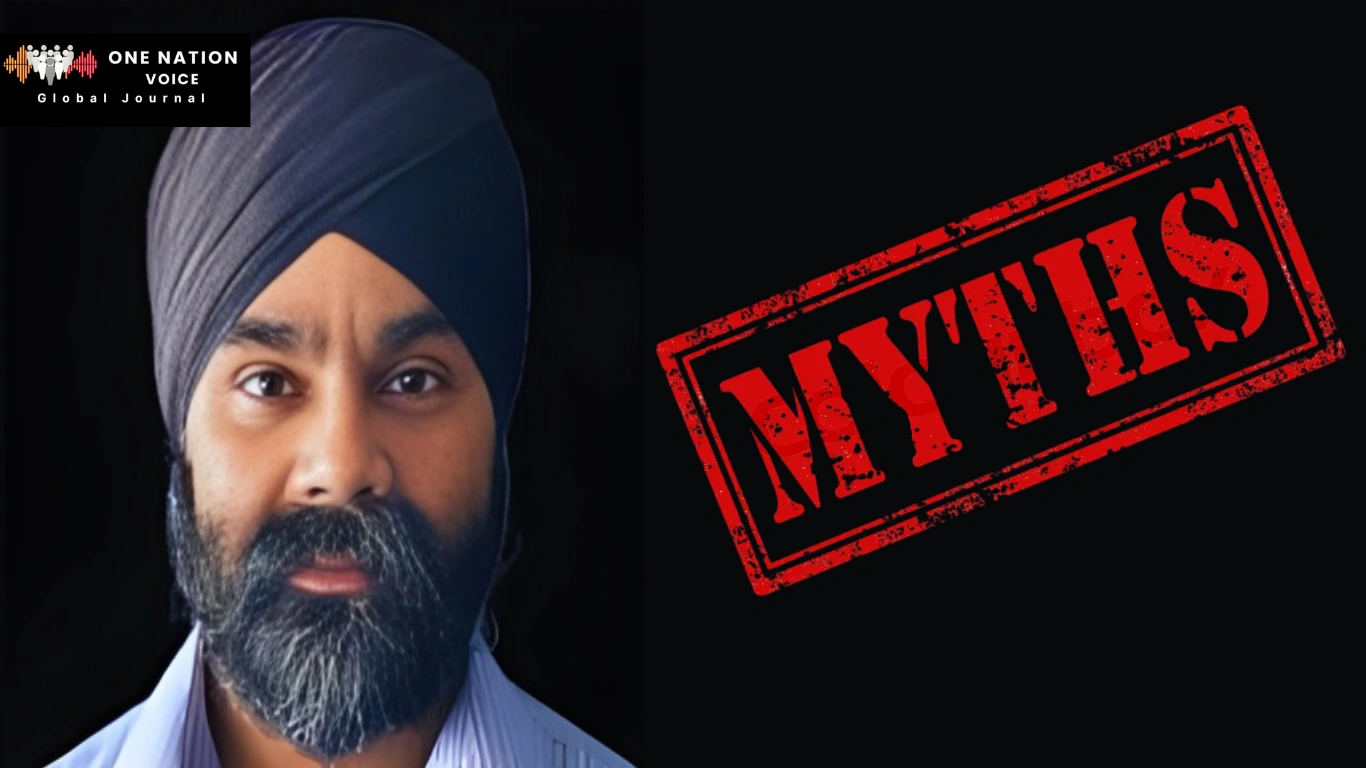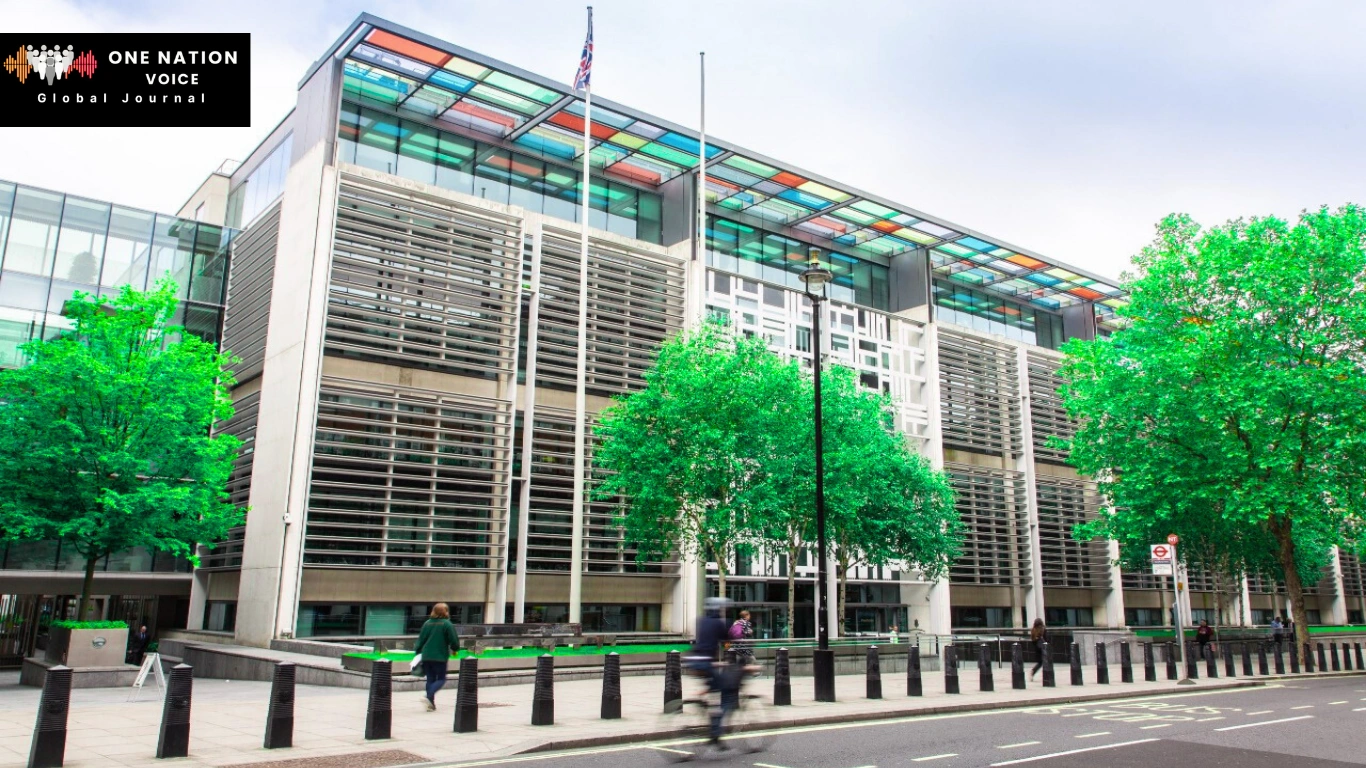The Dangerous Myth Behind Hardeep Singh’s Narrative

The Dangerous Myth Behind Hardeep Singh’s Grooming Gang Narrative
On October 23, 2025, The Telegraph published an article by Hardeep Singh’s titled “The Grooming Gangs Rapists Are Mainly Pakistani Muslims, Not Asian.” The article itself is alleged to uncover an embarrassing fact, which political correctness allegedly overlooked. Thereby, substituting facts by conjecture, and subtlety by slander.
The article by Singh states that the majority of those found guilty in grooming gang cases are Pakistani Muslims. But this information is wrong. So, such framing is likely to fuel community tensions and derail attention from the fact that the state cannot safeguard vulnerable children.
The very findings made by the UK government refute Singh.
In June 2025, the National Audit on Group Based Child Sexual Exploitation and Abuse, which was led by Baroness Louise Casey, said straight out that two thirds of perpetrators are still not reported. So, nobody can argue with credibility that which group of people commit such crimes primarily.
What the Evidence Really Tells Us
This was subsequently confirmed by the Home Secretary to Parliament, who said that information about the ethnicity of offenders is not a reliable data to make any statements concerning demographics. The data review by the Home Office also clarified that small studies with results indicating an over representation of Asians, with small data sample.
Then what is the reason that those myths resurrect? Much of this can be linked to a report issued by the Quilliam Foundation in 2017, which alleged that 84% of the grooming gang offenders were of Asian origin. However, these figures are not to be considered because the 2020 review by the Home Office specifically refuted it. Yet that number keeps circulating, in politics, tabloids, and now Singh’s article.

Asian Gangs to Pakistani Muslims
The category of Asian grooming gangs has been long criticized, as an effort to inculcate several separate ethnicities including Indian, Bangladeshi, Pakistani, and even Afghan all in one category. The article by Singh shrinks it down to an accusation against the Pakistani Muslims only. It is not only inaccurate, but it is dangerous.
The Casey Audit cautioned against such generalization. It said it could not extrapolate local data to a national picture. The ethnicity of offenders is not uniform and complete and is frequently incorrect. To take those spotty records and use them as evidence of a national trend is no analysis, but prejudice showing as fact.
The Vulnerability Knowledge and Practice Programme (VKPP) declares about 107,000 child sexual abuse and exploitation offences were reported in 2022. Out of 4,000 offenders in a Home Office survey, 42% were White or White British, 17% Black or Black British, 14% Asian or Asian British, and the rest 22% had no ethnicity recorded. No group forms a majority.
Briefly, the statistics do not support the argument made by Singh. However, it persists, often aligning with broader political agendas against immigration, integration, or Islam.
What the Real Crisis Is
There can be no denying that the grooming gang scandals in Rotherham and Rochdale demonstrate disastrous institutional breakdowns. There were neglect and dismissal of abuse reports by police and social services, and failure in compensating the victims. Thus, it shows the failure of the state to protect children.
Concentrating on the ethnicity of criminals does not correct such unsuccessfulness. It hides them. Also, it makes a safeguarding crisis into a culture blame game.

Professionals such as Dr. Ella Cockbain, who has been researching these crimes for more than ten years, have cautioned that racialized discourse is working against the protection of children. Vilified communities end up competing with authorities. When victims are afraid of their experiences being used against them in racist causes, they remain silent. So, it is an ideal formula of even greater abuse.
Besides, British Pakistanis, who represent approximately 2 percent of the population in the UK, are already experiencing increasing Islamophobia. This type of rhetoric, as Professor Tahir Abbas and other analysts have pointed out, does not only distort reality, but it also undermines trust, destroys integration, and gives propaganda to far-right organizations.
Journalism’s Responsibility
The Telegraph article is not an exception. Throughout the grooming gang research, other news outlets such as Reuters (June 2025) stressed Pakistani ethnicity in convictions without prioritizing official statistics. This discriminatory framing is not a service to the population, but it is part of political self-interest and is disastrous.
The Casey Audit, however, presents a positive way out that all suspects should be recorded in terms of their ethnicity and nationality, and that agencies should focus on data accuracy and authenticity for investigation.
According to official data provided by the Ministry of Justice, 88 percent of people charged on the grounds of child sexual abuse in England and Wales are White.
That should give pause to anyone eager to equate ethnicity with criminality.
Moving Forward
Finally, this argument is not about refuting crimes. But journalists like Singh package allegations against Pakistani Muslims of groom ganging, they are not revealing a taboo to shed light on, but an outrage with mere claims.
The lack of child protection in Britain is an issue that should be examined. But accuracy, context, and compassion are required. The actual war is not with a religion or a nationality, but a war against institutional negligence. The only way survivors will receive justice is by having superior data, accountability, and a media that appreciates truth over tribalism.
The views and opinions expressed in this article are exclusively those of the author and do not reflect the official stance, policies, or perspectives of the Platform.







